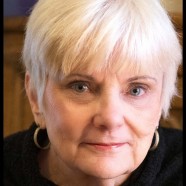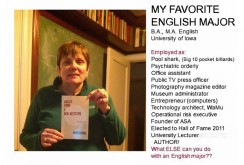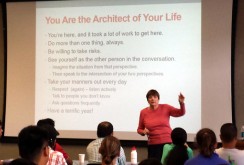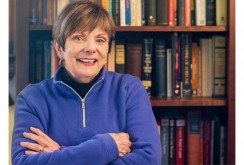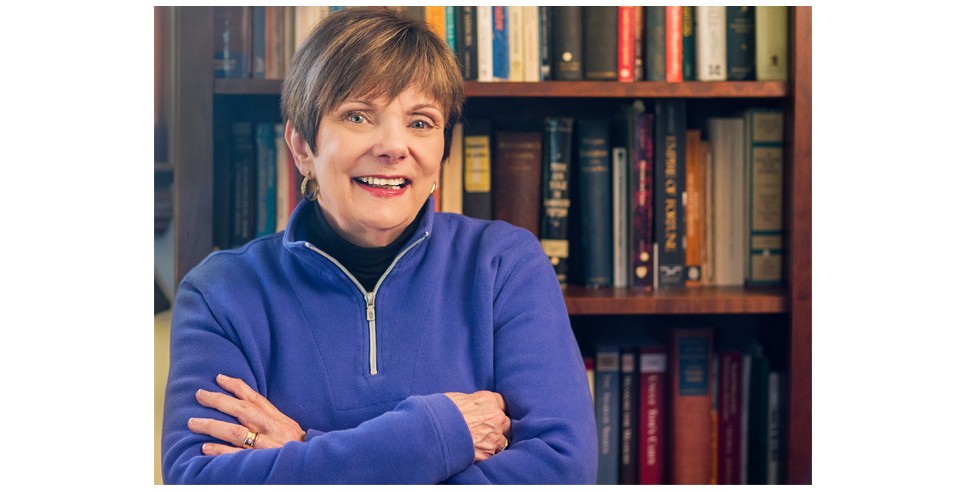
The morning after national elections I received an email from my editor at The Risk Universe magazine, in which she asked if I would write a reflection on risks connected with the election results. I said yes because I thought that with a month’s passing I would have a better sense of where the president-elect would be taking us. After all, by then he would have made his cabinet appointments, which would tell us a great deal. I wish I had asked for two months to write the piece because, as you know, several key appointments like that of the Secretary of State have not yet been made, and the list of candidates for the position has gotten longer, not shorter.
From the analysis last week for the magazine, I wanted to lift one of my paragraphs and then say a bit more about it. “Come January, based upon President-elect Trump’s statements and the cabinet level nominations that he has made to date, it appears to me that Americans will be citizens of a kakistocracy, which Oxford Dictionaries defines as 'government by the least suitable or competent citizens of a state.' Though I am trying to keep an open mind, it is hard to do so when many cabinet posts are being filled by former military generals or by private sector persons with either no record of public service, or with an attitude that foreshadows dismantling a range of government programs.”
The Senate has already provided language in a bill that will be signed by President Obama that waives the requirement that a former military officer be retired for at least seven years before he is appointed to a role normally held by a civilian --Secretary of the Department of Defense -- where oversight of the military is at stake.
Another ominous sign can be read from the transition team’s request of the Department of Energy. From NPR’s Jennifer Ludden in a December 9 story: "It wants to know who at the Department of Energy attended domestic and international climate talks. It wants emails about those conferences. It also asks about money spent on loan-guarantee programs for renewable energy. ... The Trump team questionnaire also asks about the Energy Department's role in the Iran nuclear deal, which Trump has called 'stupid.' And it asks for the 20 highest paid employees at the department's national laboratories." At bare minimum, such a request intimidates career-level public servants, and provides still another kind of map of where the administration plans to go.
Several latest examples of kakistocracy: in an interview with Fox News this morning, the president-elect confirmed that he has rejected daily intelligence briefings: “I get it when I need it….I’m, like, a smart person. I don’t have to be told the same thing every single day for the next eight years – could be eight years…I don’t need that.” (Marisa Schultz, New York Post, December 11, 2016) Pair this interview with Trump’s refusal to believe CIA reports that the Russians interfered with the presidential election, along with his general disdain for the quality of government agencies’ intelligence reports and you see what career diplomats and intelligence professionals are up against.
Several of the mid-career students in my course this past quarter wrote their final papers on the post-truth era in which we now find ourselves. Fake news abounds on social media platforms such as Twitter and Facebook, some promulgated by the president-elect, members of his leadership team, or from Breitbart, the syndicated news organization from which the president-elect’s strategic advisor comes. Facts are not recognized as facts. Conspiracy stories are favorites of groups who have railed against political correctness. It’s not just KKK members parading in their regalia. In this liberal corner of the country, Muslims have been victims of senseless and violent acts, in particular women who cover their heads. Swastikas get painted on buildings, sometimes even on homes. Though the president-elect has said “stop it,” his followers feel empowered by the election results, and his words encourage them to make American great again – code words we now see for the most depraved kinds of behavior, including the chants and behaviors we observed at his political rallies.
It will take some time for the other two branches of government to respond, once the inauguration has taken place. Will the Senate confirm all his nominees? Will the high court find itself re-adjudicating old cases, especially in the area of the First and the Fourth Amendments? Women’s rights? Immigration? Naturalization? Will the new president resolve the many conflicts of interest in which he finds himself enmeshed? We are in uncharted territory.
Originally Published in ASA News & Notes









